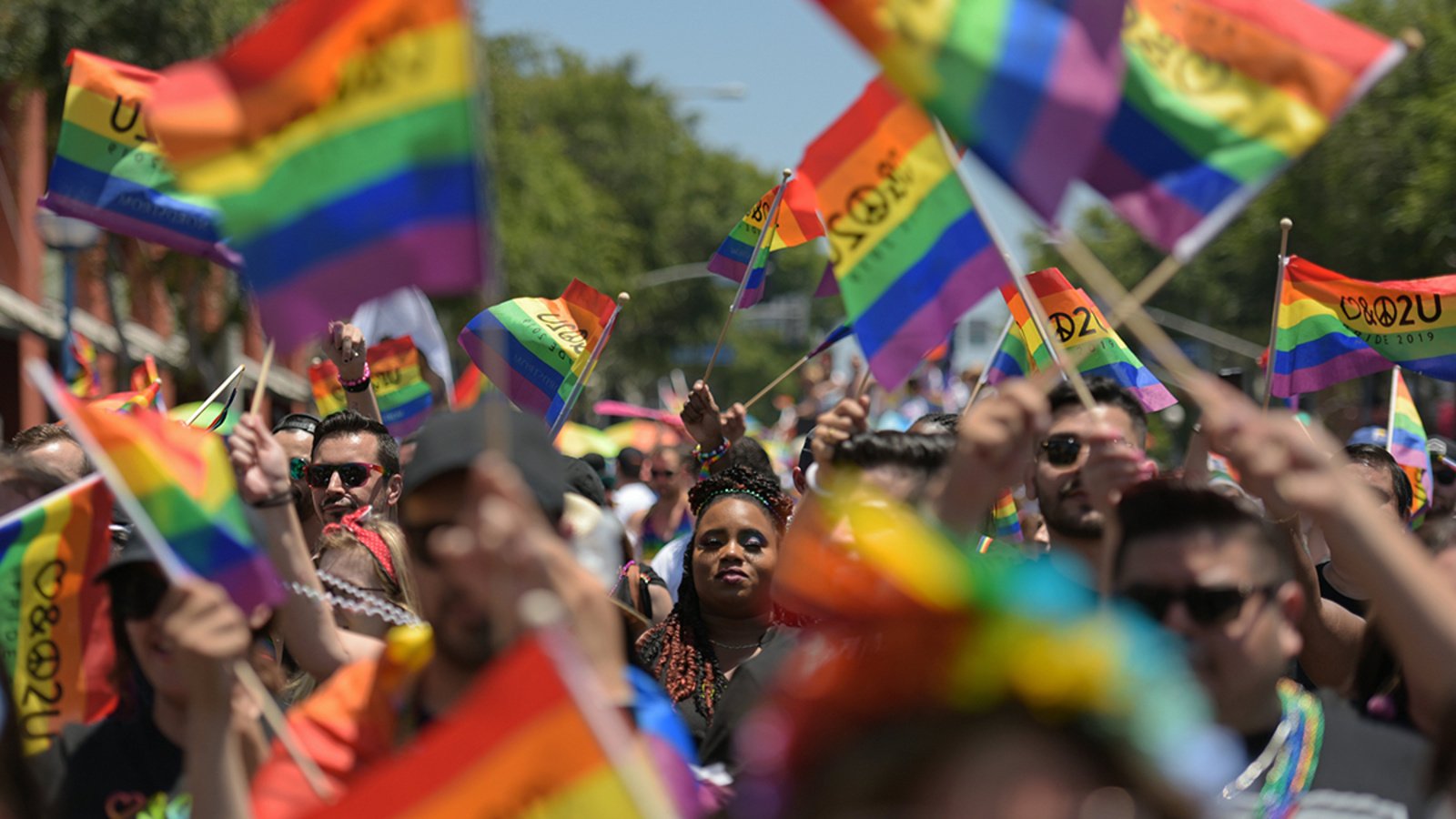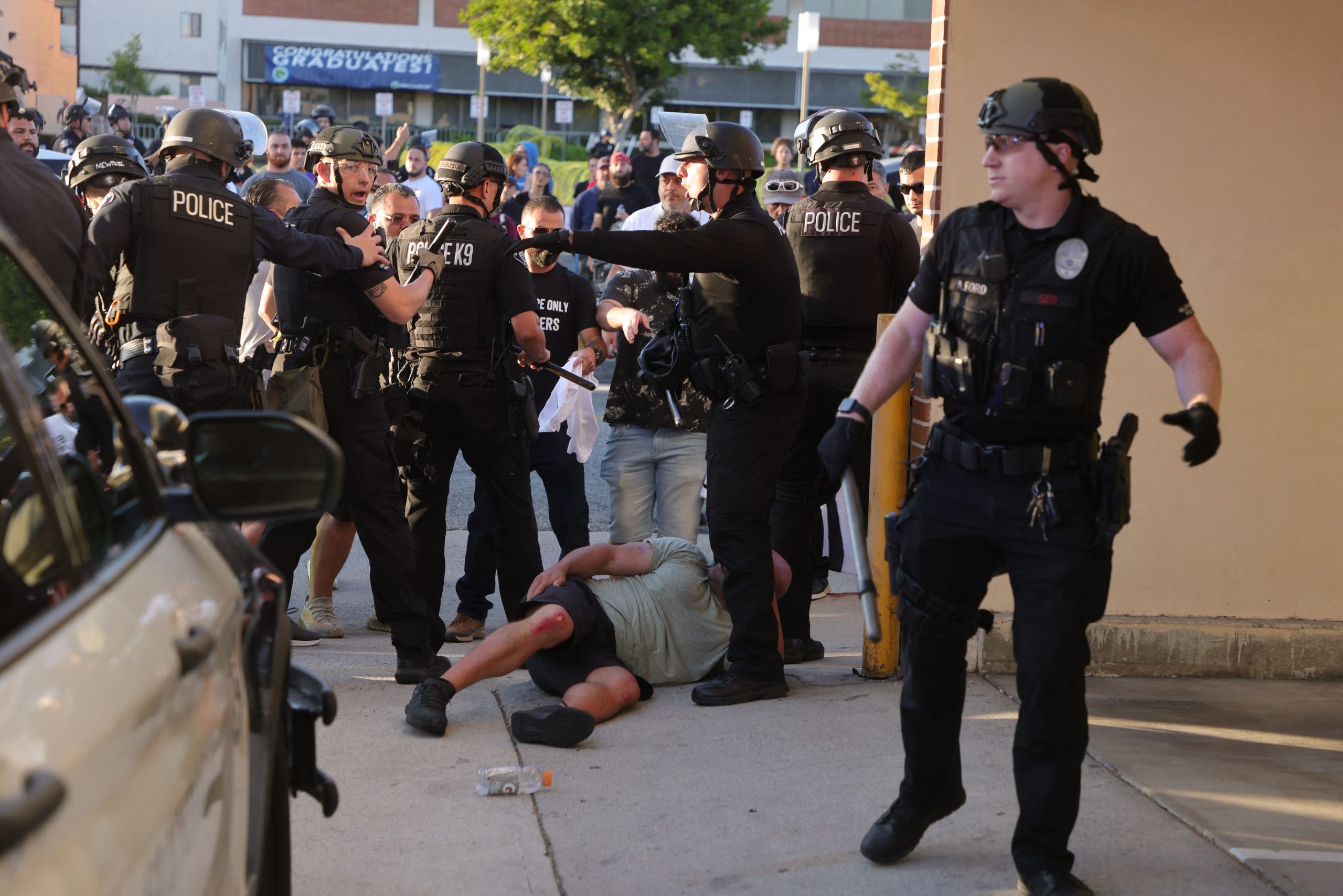Various threats to our humanity and democracy manifest in different forms, ranging from the potential for nuclear devastation to the spread of biological toxins and environmental challenges. Joining this category is the extreme radical right, which, in recent times, has posed a significant threat to our nation’s future, particularly targeting the LGBTQ+ community.
The aftermath of January 6 serves as a pivotal moment, symbolizing the alliance between the right’s violent extremists and fervent MAGA supporters who stormed the Capitol in pursuit of political goals through violence. Although their attempt was thwarted, the specter of this movement persists, casting a shadow over our democratic foundations.
The LGBTQ+ community finds itself increasingly under siege, facing discrimination, protests, and escalating violence on a daily basis. Data from the Armed Conflict Location and Event Data Project reveals a threefold increase in anti-LGBTQ+ protests in 2022, a trend that continued unabated into 2023 and the early weeks of 2024.

The LGBTQ+ Community Faces a Growing Menace from the Far Right Post-January 6 (Credits: Council of Foreign Relations)
While publicized instances, such as protests at school board meetings or threats against cultural events, draw attention, they represent only a fraction of the hostility directed at the LGBTQ+ community. Petitions and protests, ostensibly protected by the 1st Amendment, often serve as tools to suppress the freedoms of this community, compelling them to retreat into concealment.
The divisive and anti-LGBTQ+ rhetoric has permeated Republican politics, becoming commonplace among Congressional members, including Speaker of the House Mike Johnson. Dating back to 2005, Johnson’s views have consistently painted LGBTQ+ individuals as a danger, potentially normalizing violence.
The rise in anti-LGBTQ+ hate is not confined to rhetoric and protests but extends to violent acts. Instances like the shooting of a woman in California for displaying a gay pride flag and a deadly assault on an LGBTQ+ nightclub in Colorado Springs illustrate the severity of the issue.
Reports from the Institute for Strategic Dialogue and the Anti-Defamation League (ADL) indicate a significant uptick in violence against the LGBTQ+ community in 2023. Harassment incidents numbered 350 between June 2022 and April 2023, coinciding with increased demonization through rhetoric and legislation.
Efforts by politicians like Ron DeSantis to curtail LGBTQ+ discussions and groups like Moms for Liberty vilifying the community further contribute to the normalization of wrongful actions by violent right-wing actors.
The growing movement against LGBTQ+ individuals in the U.S., though lacking coherence, demonstrates a synergy between anti-LGBTQ+ politicians, activist groups, and fringe extremists. The forthcoming 2024 election cycle and recent developments in the House of Representatives, such as Mike Johnson’s ascent to Speaker, present a combustible mix that heightens the threat level for all, especially the LGBTQ+ community.
In essence, the extreme right in America poses an existential threat not only to the LGBTQ+ community but also to our democracy. The diffuse nature of these threats, fueled by blinded hatred, necessitates a united response. Lawmakers at all levels must acknowledge and confront the rising tide of othering that jeopardizes the fabric of free expression and individuality, essential rights for every citizen to enjoy peacefully.
While some threats are beyond our control, such as natural disasters, the choice of voting for candidates who champion change to protect our humanity remains within our power. The 2024 elections present an opportunity to initiate positive changes in congressional leadership, fostering an environment where belonging replaces othering while respecting and supporting our differences.























